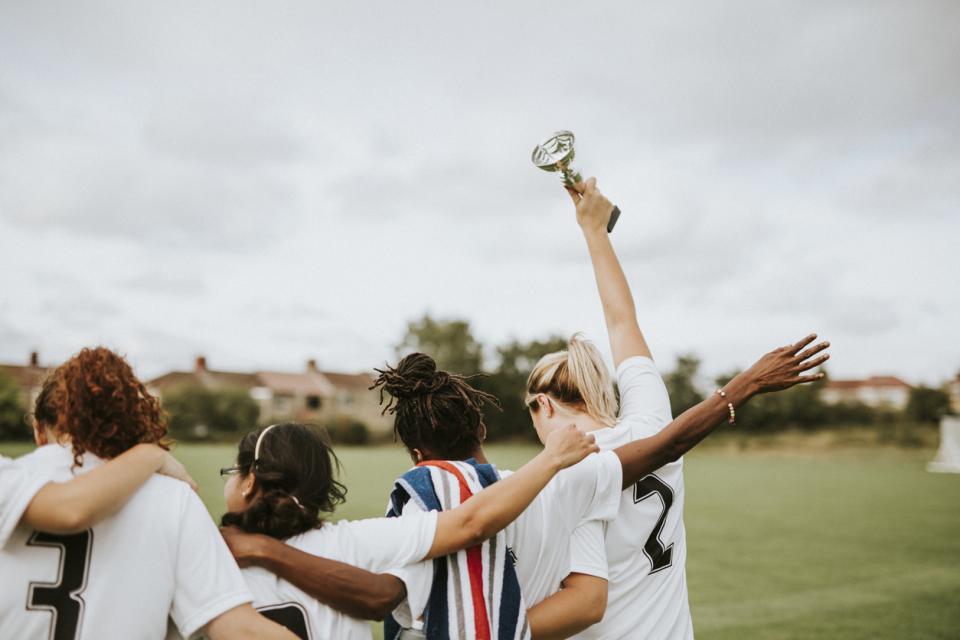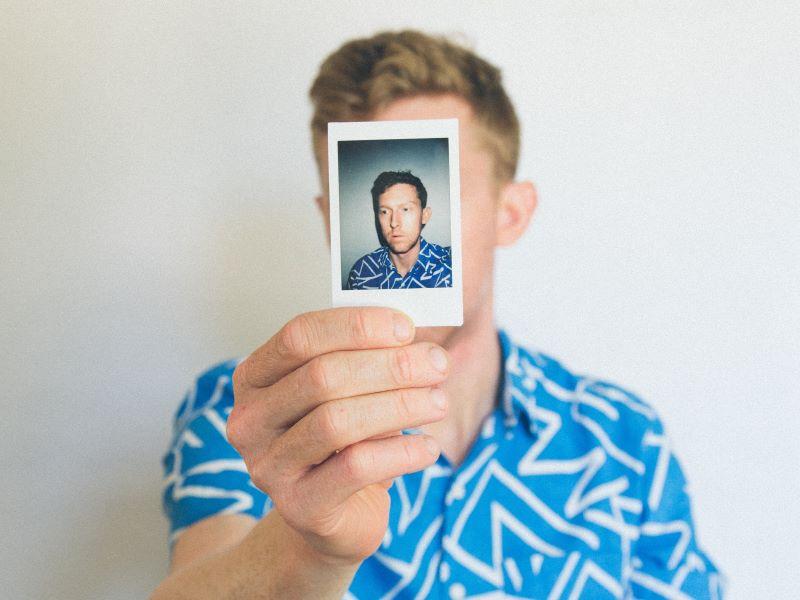Pursuing higher education is a significant investment of time, money and energy for students, and institutions need to ensure students get a return on this investment. Making them feel like a part of the university community not only helps students feel confident they’ve made the right decision to study at your institution, but it also helps them develop their personal and academic identities.
We can cultivate belonging in the classroom through embracing diversity, equity and inclusion (EDI) initiatives and encouraging ethnic, religious and cultural sensitivity. But what about outside of scheduled teaching and learning time? Encouraging students to get involved in extracurricular activities can help to bridge the gap.
University-wide initiatives
At our Cave Hill campus, we build belonging by allowing students to develop a civic mindset. Through a partnership with the government of Barbados’ Give Back Hours campaign, students can volunteer in exchange for a waiver of their tuition fees. Students must volunteer at approved organisations of their choice, and have their hours logged in fulfilment of the conditions of the fee waiver. Volunteering also fosters belonging and altruism among students working towards a unifying cause or mission.
Other institutions can consider setting up a similar arrangement by engaging alumni networks, creating new public-private partnerships or leveraging existing ones. Assess these organisations’ needs via surveys or focus groups, and explore how this kind of programme can support them in advancing their goals while building students’ sense of belonging.
- Spotlight guide: How to build belonging at your institution
- Make social groups work for under-represented students
- What matters to students’ sense of belonging?
Promote student societies
Societies allow students to meet and interact based on shared interests or characteristics, such as nationality, ethnicity, area of study or hobbies. Our sports sciences society enables like-minded individuals within these degree programmes to meet and plan various social activities to increase cohesion and participation in university life. These include day trips, beach visits and movie nights. There are also aspects of volunteerism here, but within subject-specific contexts, such as mentoring at-risk youth through sport sciences education and organising tours of department facilities.
We encourage students with leadership ambitions to apply for roles with responsibilities as they progress through their studies. They can also apply for leadership roles at the student union to have a direct impact on the student experience and the university. Students in these roles can advocate for changes, ensuring that all students feel seen and heard.
I usually promote academic student societies and advertise upcoming societies and clubs’ fairs during my classes. Faculty can also participate in the student society relevant to their expertise as an adviser, by promoting society recruitment, overseeing fundraising activities or guiding journal clubs.
Encourage sports participation
Sports can build relationships and give students a sense of personal achievement outside of their academic activities. Giving students the chance to represent their university is a great way to help them feel a sense of belonging.
We should encourage student athletes to join our institution’s teams and compete. We should also encourage students who are new to sport, or who want to play sports for fun, to make the most of recreational or co-curricular sports, which allow students to try out a new sport for degree credit.
Run extracurricular programmes
Running formal social groups can also help students feel they’re part of a community. At our campus, we run a First Year Experience (FYE) programme once a week, during which first-year students gather for an hour in a randomly assigned group, comprising students from different faculties and nationalities.
Under the guidance of a mentorship team, they take part in activities designed to help them settle into university life. This initiative helps students across programmes and disciplines forge new friendships and sets a good foundation for academic life by teaching them about time management, academic integrity and exam preparation.
Students need to feel like they belong and are included, both inside and outside the classroom. All staff have a part to play in promoting activities that take place outside formal teaching hours. In doing so, we can help students thrive academically and socially.
Natalie K. D. Seedan is a sport sciences laboratory technician and part-time lecturer at the University of the West Indies Cave Hill campus.
If you would like advice and insight from academics and university staff delivered direct to your inbox each week, sign up for the Campus newsletter.




comment